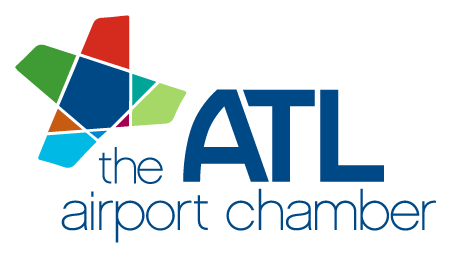Mayor Andre Dickens Moves Forward with the Development of the Center for Diversion and Services
Following the partnership announcement between the City of Atlanta and Fulton County to develop the Center for Diversion and Services, Mayor Andre Dickens put forth two important legislative items to continue its progress during Monday’s City Council meeting.
“In the spirit of moving Atlanta forward, we must continue to be innovative in our approach to help people with behavioral and mental health concerns,” said Mayor Andre Dickens. “By developing the Center for Diversion and Services, we are providing one central location for coping and recovery resources for our most vulnerable residents.”
The first piece of legislation focuses on procuring a third-party operator for the center and highlights the City’s commitment to transparency and collaboration with Fulton County and other subject matter experts. The second piece of legislation will transfer $2,950,000 from the uncommitted fund balance to cover the one-time capital costs necessary to complete the construction for the center, which will be located at 254 Peachtree Street SW. Annual operating costs for the center will be shared equally by the City of Atlanta and Fulton County once the facility opens to the public.
The diversion center, which represents a partnership with Fulton County, the Policing Alternatives and Diversion Initiative (PAD), and Grady Hospital, will improve the quality of life for Atlanta residents by connecting them to resources and supportive services. The 24-hour facility will increase the range of options available to law enforcement when responding to public order concerns that are driven by underlying issues related mental health, substance abuse, and extreme poverty. In the past, these persons would normally be taken to a jail, detention center or a hospital emergency room. PAD and Grady will provide care and services to diversion center guests, including peer reception, behavioral health screenings, non-emergency medical care, sobering rooms, case management, warrant resolution and food, laundry and showers.
Monday’s legislation coincides with the first official meeting of the Justice Policy Board, which occurred on January 31 and includes a diverse group of City, County, and community stakeholders who will oversee the center. Additionally, in March, a large group of stakeholders, including City and County elected officials, will travel to Tucson, Arizona to observe and learn from their diversion ecosystem.
Article courtesy of Metro Atlanta CEO, published February 8, 2022.

